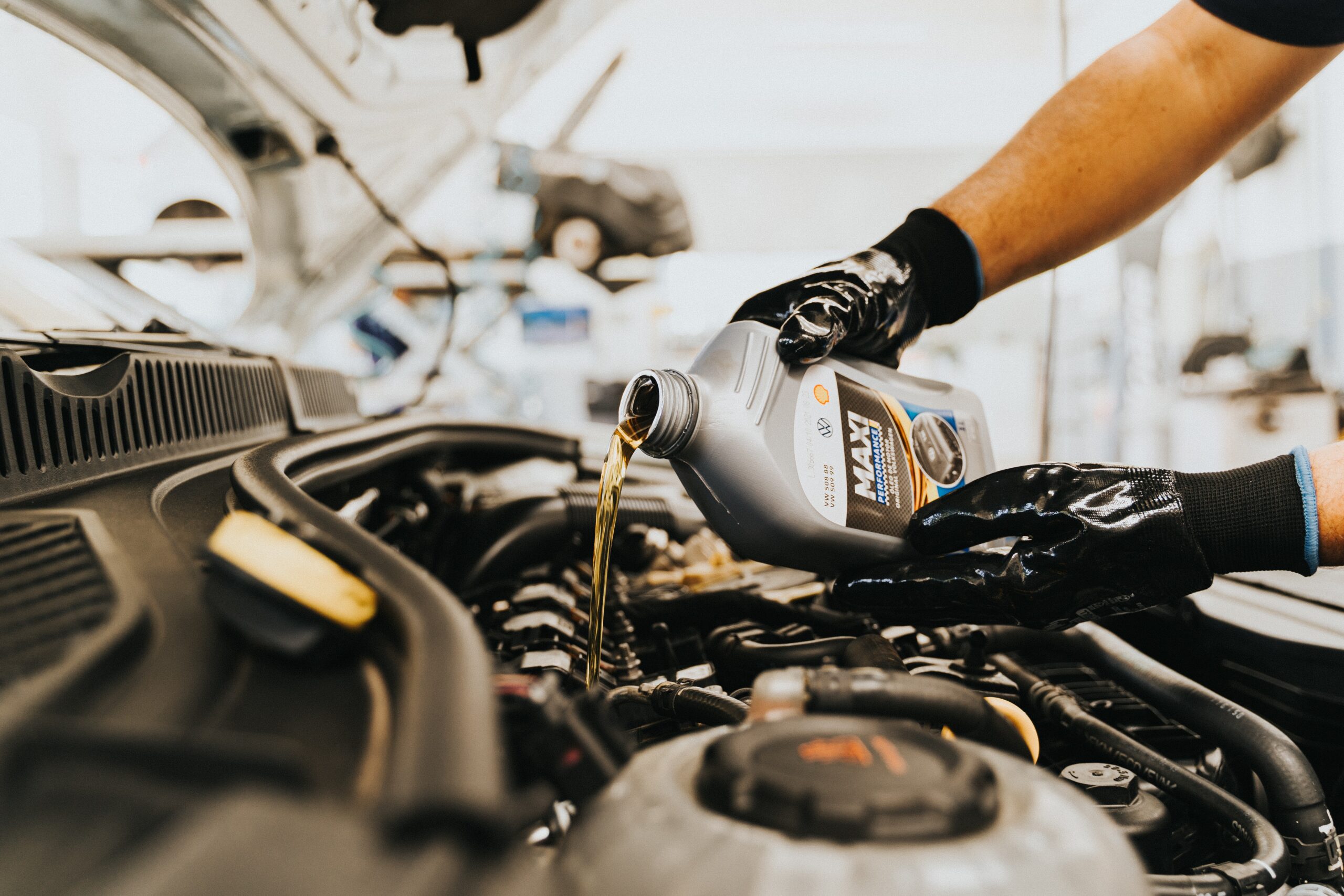When should you have your Car’s Oil Changed?
Regular oil changes are one of the most essential aspects of maintaining your car’s longevity and performance. Your car’s engine is made up of multiple moving parts that work together to generate power, and oil is the lifeblood that keeps these parts lubricated and running smoothly. As a car owner, it is essential to know when to change your car’s oil to keep it in top shape and avoid expensive repairs. In this article, we’ll go over when you should get your car’s oil changed, what influences how often you should get your oil changed, and what happens if you don’t.
When should you have your Car’s Oil Changed?
The answer to this question depends on a few different factors, such as your driving habits, the type of oil used in your car, and the make and model of your vehicle. However, a general rule of thumb is to have your car’s oil changed every 5,000 miles or every six months, whichever comes first. This is a safe and reliable interval that will help keep your car’s engine running smoothly.
That being said, there are situations where you may need to change your car’s oil more frequently. You might need to change your car’s oil more frequently if you frequently drive in challenging conditions like dusty roads or sweltering heat. Additionally, if you drive your car aggressively or use it for towing, you may also need to change your car’s oil more frequently.
On the other hand, you might be able to go longer than six months between oil changes if you only use your car for short trips and don’t put many miles on it. However, keep in mind that even if your car doesn’t accumulate many miles, the oil in your engine can still degrade over time, so it’s important to follow the manufacturer’s recommended oil change intervals.
Factors that affect the Oil Change Interval
The type of oil used, the make and model of your car, as well as your driving habits, can all have an impact on how frequently you should change the oil in your vehicle. Let’s take a closer look at each of these factors.
Kind of Oil:
Motor oils come in two main categories: conventional oil and synthetic oil. Conventional oil is made from crude oil and requires more frequent oil changes, usually every 3,000 miles. Synthetic oil, on the other hand, is made from chemical compounds and lasts longer, usually up to 7,500 miles or more between oil changes. If your car uses synthetic oil, you can go longer between oil changes than if it uses conventional oil.
Make and Model of your Car:
The make and model of your car can also affect the oil change interval. Some cars require more frequent oil changes than others, so it’s important to check your owner’s manual or consult with a mechanic to determine the recommended oil change interval for your car.
Driving Habits:
Your driving habits can also play a role in how often you need to change your car’s oil. If you frequently drive in stop-and-go traffic, your car’s engine may be working harder and may require more frequent oil changes. Similarly, if you frequently drive on dusty or unpaved roads, your car’s engine may accumulate more debris, requiring more frequent oil changes.
Consequences of Neglecting to Change your Car’s Oil
Neglecting to change your car’s oil can have serious consequences for your car’s engine. Over time, the oil in your engine can become contaminated with dirt, debris, and other contaminants, making it less effective at lubricating your car’s moving parts. This can cause increased friction between engine components, leading to excessive wear and tear, and even engine failure in severe cases.



